From DIY to Store-Bought

Fermented rice water has become a skincare favorite, moving from a simple kitchen item to a significant component in Korean skincare. This applies to both homemade remedies and high-quality store-bought items.
While homemade fermented rice water has its appeal, store-bought alternatives are generally more effective and easy for skincare.
The Natural Appeal of Fermented Rice Water
Fermented rice water has been a beauty staple for centuries, especially in Asia, where it was used to promote glowing skin and healthy hair. Rich in vitamins, amino acids, and antioxidants, it helps hydrate, brighten, and smooth the skin. Its natural ability to improve skin texture and reduce signs of aging makes it a timeless, effective skincare ingredient.
Today, this age-old beauty remedy is making a comeback, with more and more people discovering its natural, effective benefits in skincare routines. Whether it’s tackling dullness, acne, or dryness, fermented rice water is a simple, powerful ingredient that’s been cherished for centuries—and still delivers results today.
The Powerful Benefits of Fermented Rice Water
Fermented rice water is a skincare powerhouse packed with nutrients that can transform your complexion. Rich in vitamins B, C, and E, along with amino acids and antioxidants, it deeply nourishes and hydrates the skin, leaving it soft, smooth, and radiant.
One of its standout benefits is its ability to brighten dark spots and even out skin tone, making it a go-to remedy for hyperpigmentation.
Additionally, its anti-inflammatory properties make it a gentle yet effective option for calming irritated or sensitive skin. Whether you're looking to restore a dull complexion or protect your skin from environmental damage, fermented rice water is a versatile and natural ingredient that can help you achieve healthier, more glowing skin over time.
The Hidden Challenges of DIY Fermented Rice Water
DIY fermented rice water has become a popular trend due to its natural, low-cost appeal. Rice is soaked in water and fermented for 24 to 48 hours, activating elements such as amino acids, antioxidants, and vitamins. People use it to improve skin tone, remove pigmentation, and hydrate their skin, believing that this natural cure would result in a bright complexion.
Making your own fermented rice water may appear to be a simple, natural skincare tip, but there are several underlying problems that can reduce its effectiveness over time.
For starters, the fermentation process is unpredictable; it requires precise timing and proper storage to avoid contamination or spoilage. If left for too long, the rice water can turn too sour or even develop harmful bacteria, leading to skin irritation.
Additionally, without the right preservatives, homemade rice water has a short shelf life, making it less practical for long-term use. Overall, while DIY rice water may offer some benefits, it’s not always the most reliable or safe option.
Why Store-Bought Fermented Rice Water Outshines DIY Versions
When it comes to getting the most out of fermented rice water, store-bought products truly outshine DIY versions. While homemade rice water may have some advantages, store-bought formulae are designed with accuracy and consistency, providing the same beneficial outcomes every time.
These products are often enriched with additional nourishing ingredients like antioxidants, vitamins, and botanical extracts that enhance the benefits for your skin. They’re also formulated to be pH-balanced, which can help prevent irritation, especially for sensitive skin—something that’s harder to control in a DIY version.
A major advantage of store-bought fermented rice water is its long shelf life. Unlike homemade versions that can spoil or grow bacteria, store-bought products are carefully preserved to stay fresh and safe. Plus, they’re ready to use, offering a convenient, mess-free experience, saving you time and effort. Overall, if you’re looking for reliable, high-quality skin care, products containing fermented rice water are the smarter, more effective choice.
Choosing the Right Store-Bought Fermented Rice Water for Your Skin
Choosing the best store-bought fermented rice water for your skin can feel overwhelming with so many options available, but it doesn’t have to be complicated.
Start by checking the ingredient list—make sure the rice water is naturally fermented, as this procedure improves its skin-loving characteristics. If you’re looking for extra hydration, look for products that include moisturizing ingredients like hyaluronic acid or glycerin. For those with acne-prone or sensitive skin, look for products that include calming ingredients like chamomile. Chamomile is known for its soothing and anti-inflammatory benefits, helping to reduce redness and irritation, making it a perfect addition to fermented rice water.
Consider the product’s form too—whether it’s a toner, serum, or mist—each offers unique ways to incorporate fermented rice water into your routine. Don’t forget to look for products that feature rice ferment in moisturizers and sunscreens, as these formulations can hydrate, protect, and brighten the skin while offering additional skincare benefits.
By choosing a well-formulated product with these beneficial ingredients, you can ensure a smoother, more radiant complexion with every use.
In Conclusion…
Both DIY and store-bought fermented rice water offer unique benefits. DIY versions are natural and customizable but require time and attention to avoid spoilage. Store-bought products, however, are convenient, consistent, and free from the hassle of preparation, making them ideal for busy individuals or those seeking reliable results.
If you love natural DIY solutions and have the time, go for it. But if you're looking for a hassle-free, high-quality option that’s ready to use, store-bought is the way to go. Consider your lifestyle, skin needs, and preferences when choosing the best option.



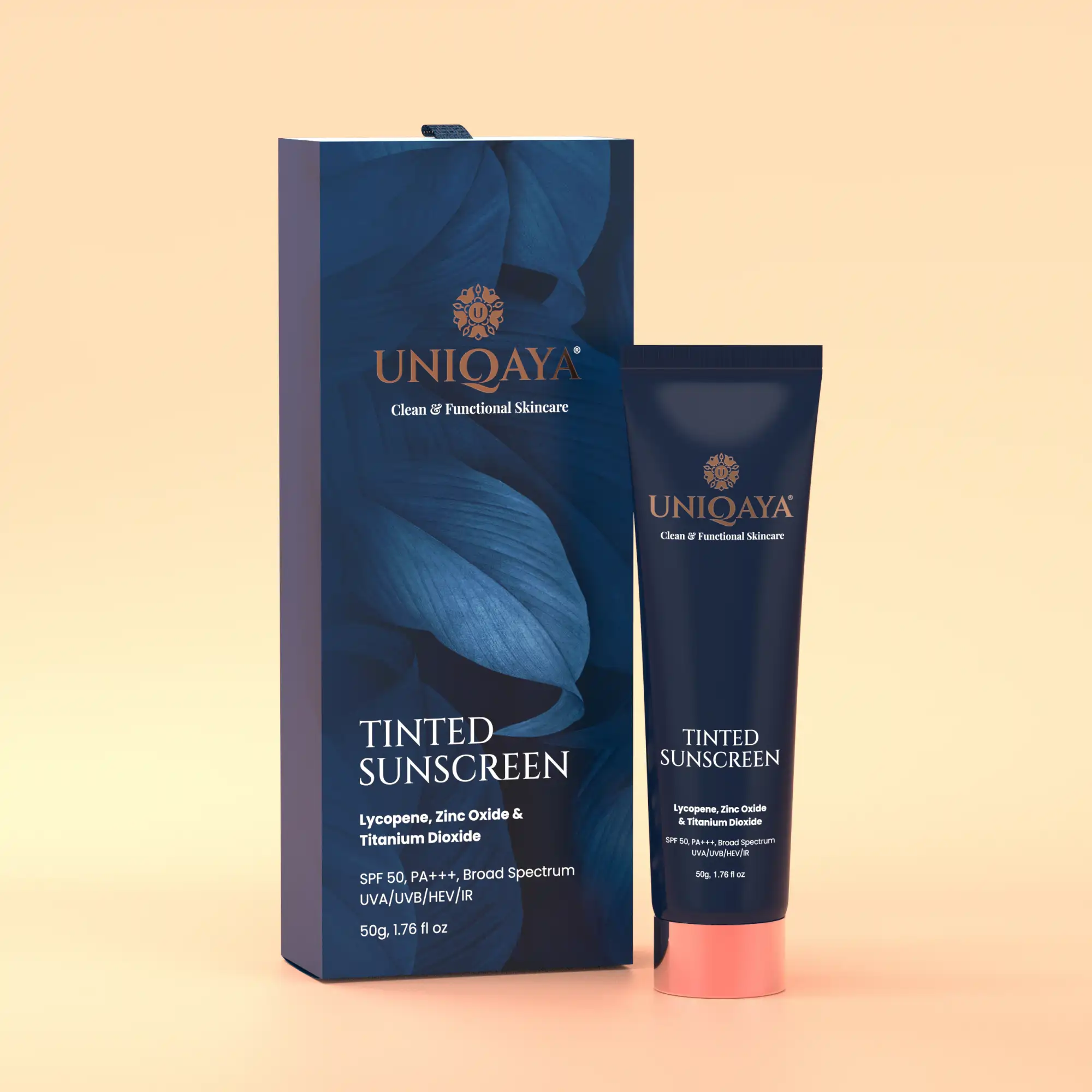

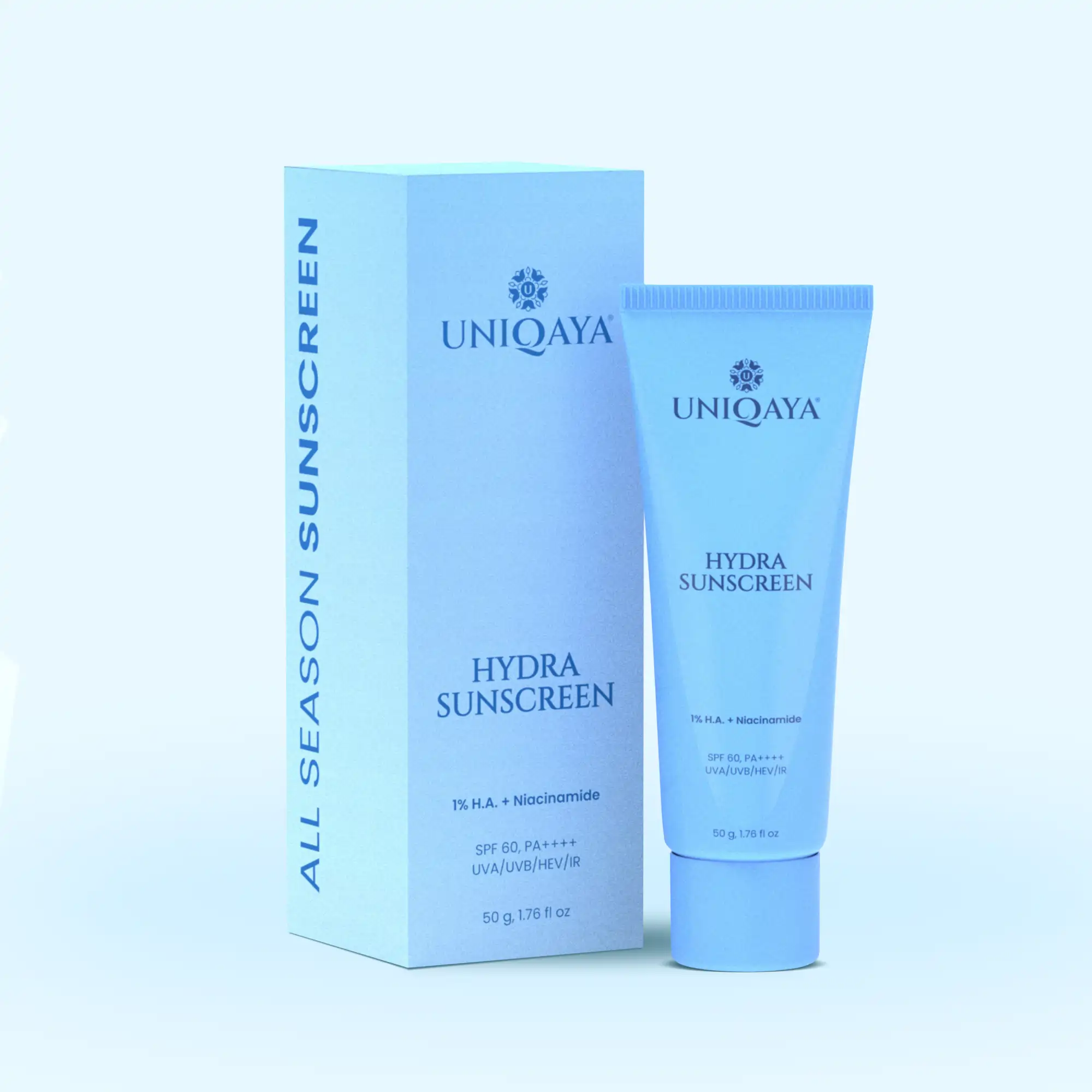

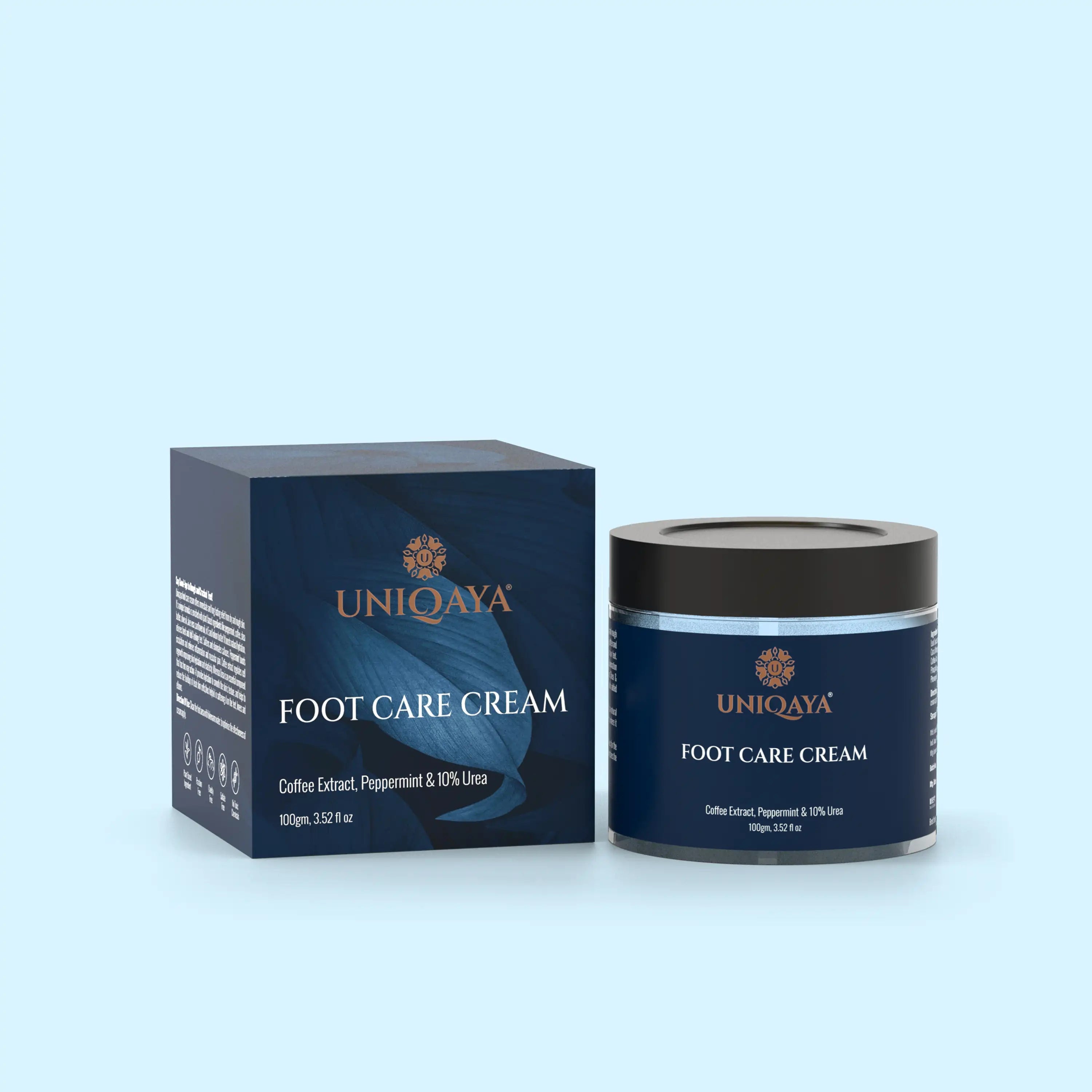

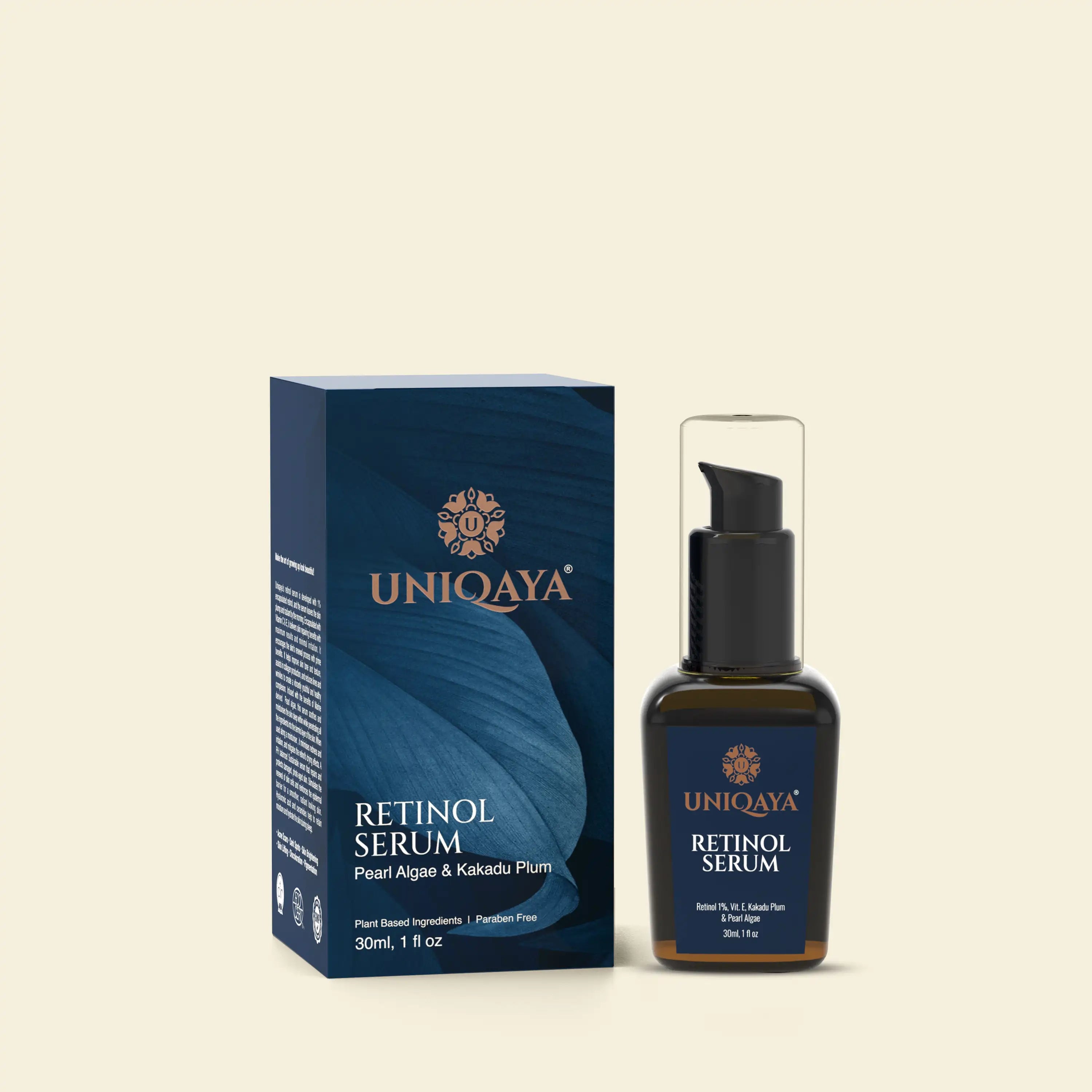

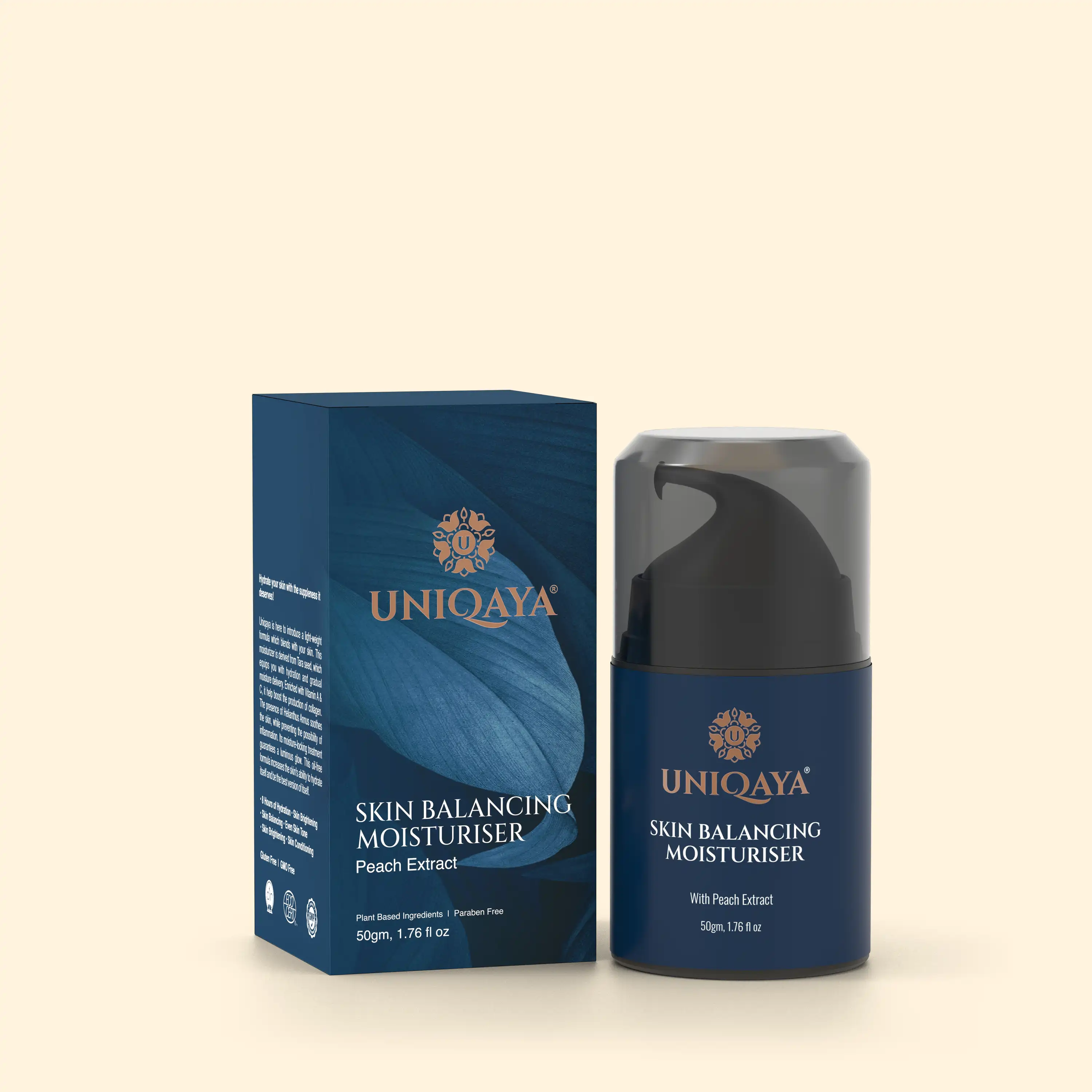

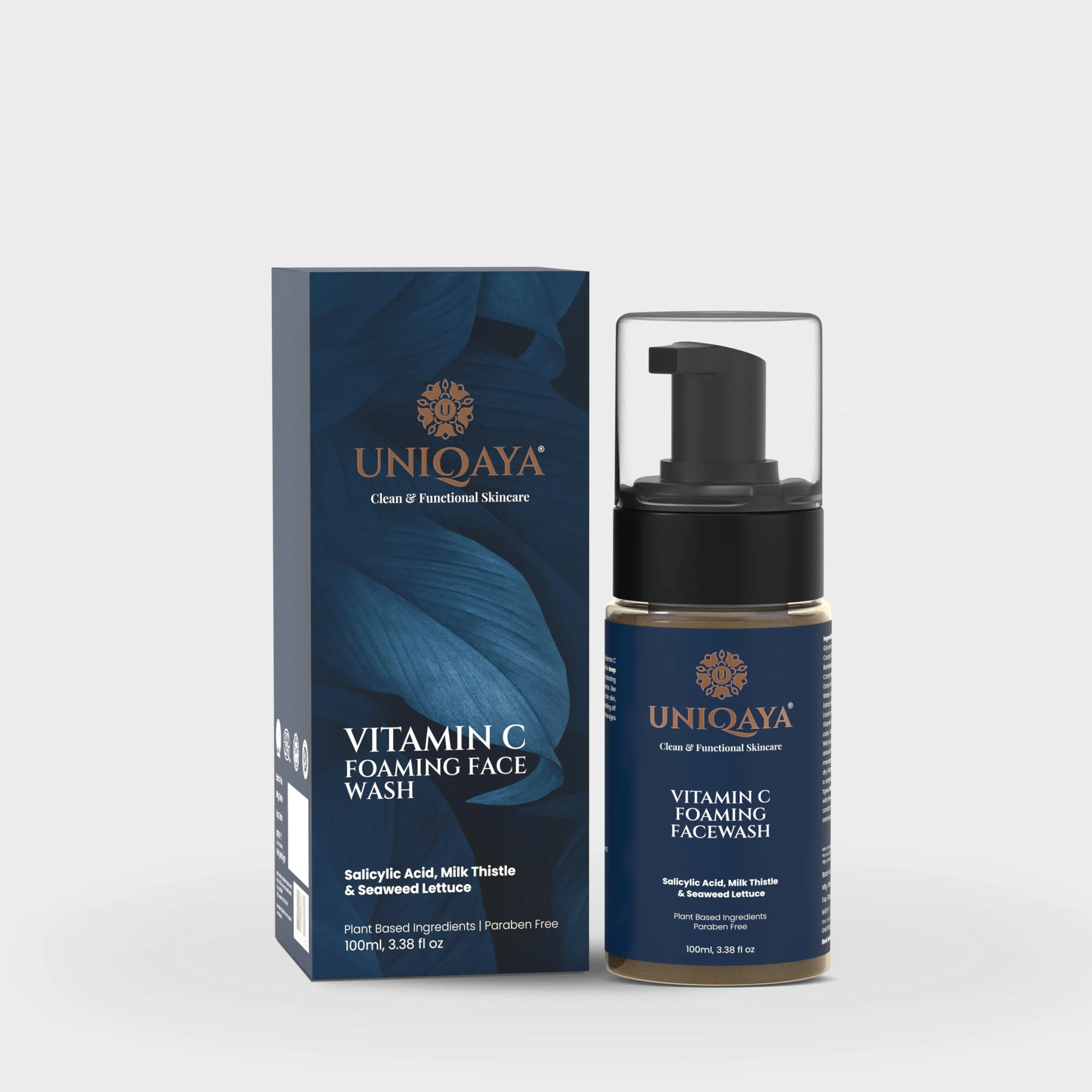
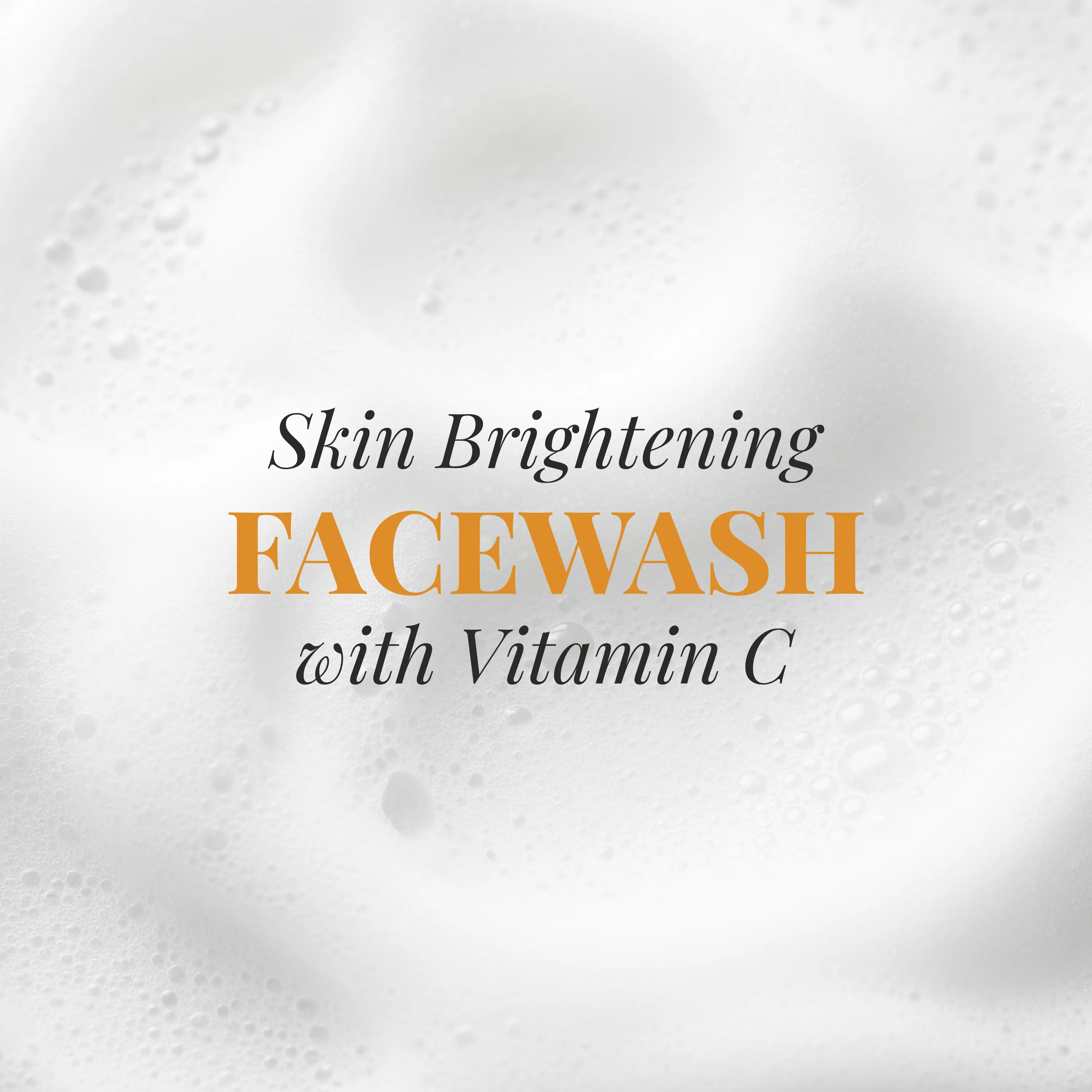
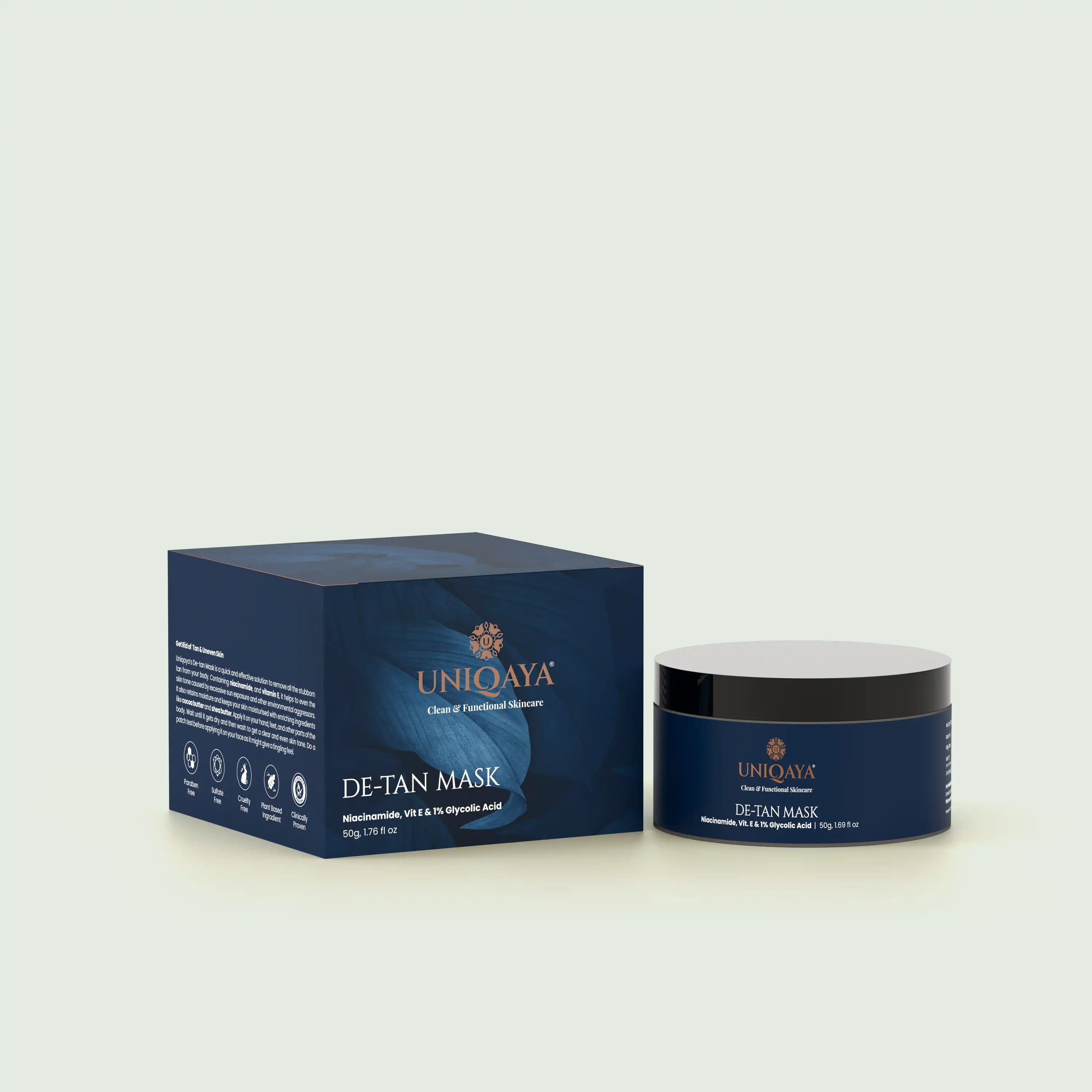
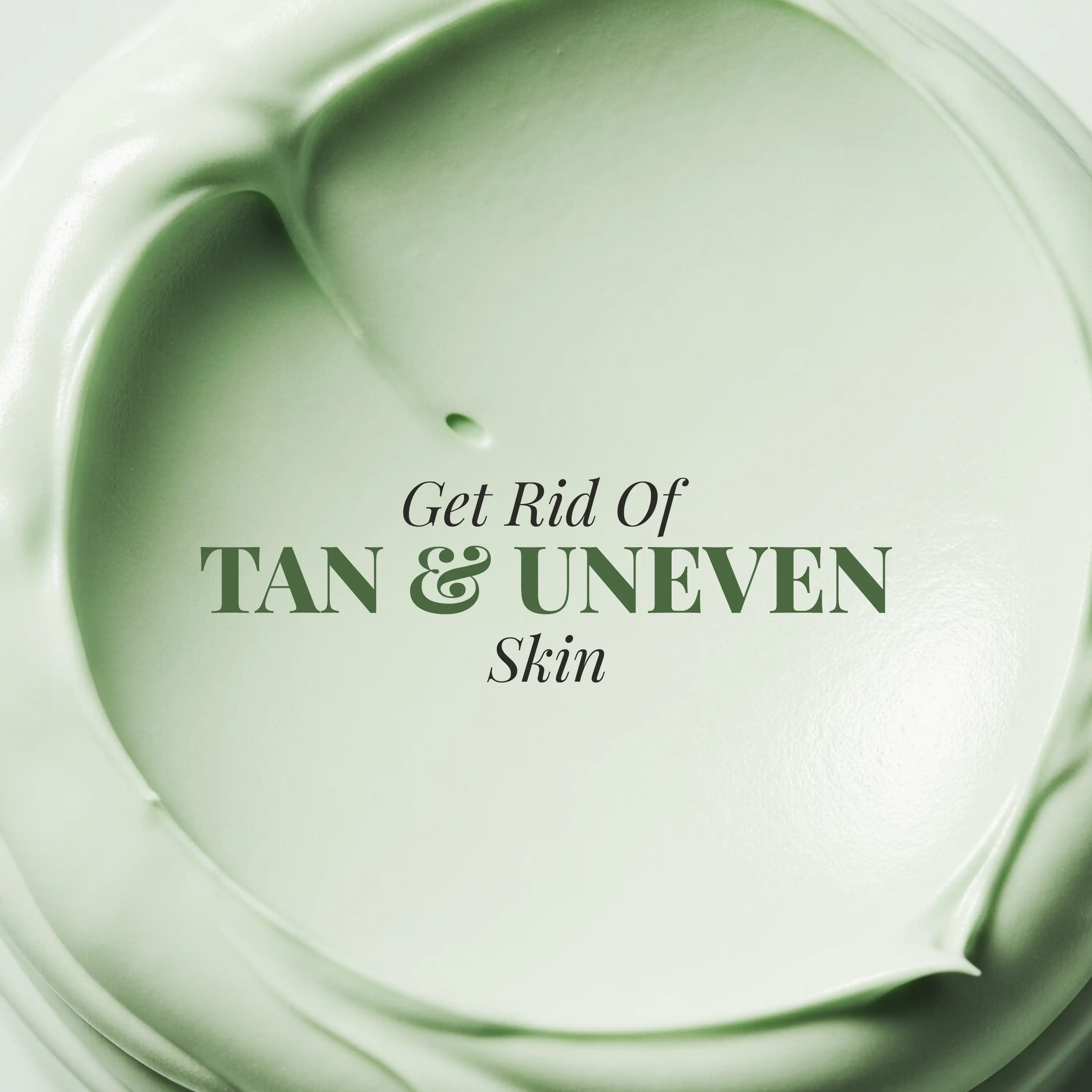
Leave a comment